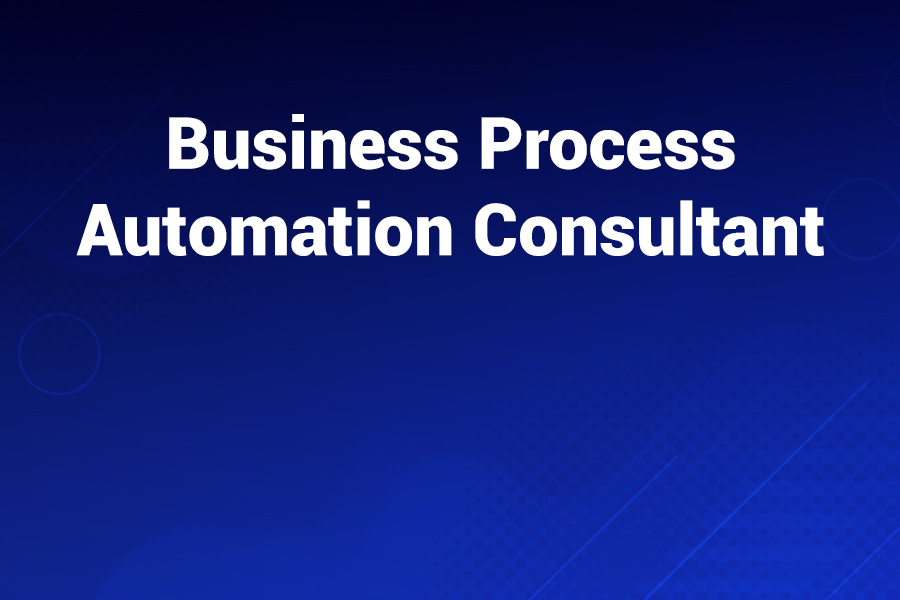- Home
- Services
- PedroVazPaulo Coaching
- PedroVazPaulo Marketing Consulting
- PedroVazPaulo Real Estate Investment Consulting
- PedroVazPaulo Operations Consulting
- PedroVazPaulo Entrepreneur Support
- Pedro Paulo Business Consultant
- PedroVazPaulo Executive Coaching
- PedroVazPaulo Business Consultant
- PedroVazPaulo Strategy Consulting
- PedroVazPaulo Wealth Investment Consulting
- Blog
- About
- Contact

If you’re passionate about supporting new parents and have expertise in breastfeeding, starting your own lactation consultant business can be a gratifying career. Lactation consultants play a critical role in helping mothers navigate breastfeeding challenges, and establishing your practice can allow you to provide valuable support while building a successful business.
However, starting and growing a lactation consulting business involves more than just knowledge about breastfeeding. You’ll need the proper certifications, a solid business plan, marketing strategies, and effective pricing. This guide will walk you through how to start your own lactation consultant business, from qualifications to finding clients so that you can thrive in this vital profession.
Steps to Start Your Own Lactation Consultant Business
Starting your own lactation consultant business requires both clinical expertise and business savvy. Here’s how to get started:
First, you’ll need to become a certified lactation consultant. The International Board Certified Lactation Consultant (IBCLC) credential is the most recognized certification in the field and requires extensive education, clinical practice, and successful exam completion.
Once certified, it’s time to create your business plan. This plan should outline your target market, services, pricing structure, and marketing strategy. Specialize in the areas you feel most passionate about, whether that’s home visits, hospital consultations, or virtual services. Make sure your business plan aligns with both your financial goals and client needs. Just like in technology industries where choosing between open vs closed systems can shape long-term outcomes, making the right structural decisions early on will impact the growth and sustainability of your lactation consultant business.
Next, set up your business legally by choosing a business structure (sole proprietorship, LLC, etc.), obtaining necessary licenses, and getting insurance. It’s essential to track your finances and plan for taxes as your business expands.
After that, market your services through a professional website and social media channels. Offer valuable content to attract potential clients and establish your expertise. Networking with local healthcare providers, such as pediatricians and OB-GYNs, will also help build your client base.
Essential Qualifications and Certification for Lactation Consultants
Becoming a successful lactation consultant requires more than just theoretical knowledge; it demands certifications, specialized training, and hands-on experience. Here’s an overview of the essential qualifications and certifications you need to pursue in this rewarding field.
Certification and Training Requirements
To become a successful lactation consultant, obtaining the IBCLC (International Board Certified Lactation Consultant) certification is essential. This process requires a minimum of 90 hours of lactation-specific education and at least 1,000 hours of hands-on clinical experience. After meeting these requirements, candidates must pass the certification exam, which ensures they possess the necessary expertise to support mothers in their breastfeeding journey effectively. The IBCLC certification is globally recognized and is considered the gold standard in the field of lactation consulting.
Additional Education and Skills
While obtaining the IBCLC certification is crucial, continuing education is just as important to stay current with the latest research and best practices in lactation consulting. Pursuing additional training in maternal and child health, breastfeeding education, or counseling enhances your ability to better serve clients. Specializing in niches such as supporting mothers of premature infants or addressing breastfeeding difficulties can also give you a competitive edge and attract clients with specific needs.
Gaining Practical Experience
Practical experience is vital to becoming an effective lactation consultant. Many consultants start by volunteering or shadowing more experienced professionals to gain hands-on practice. Clinical internships or assisting in breastfeeding support groups and community programs help build confidence and improve your ability to meet client needs in real-world settings.
How to Market Your Lactation Consultant Business?
Marketing your lactation consultant business is essential to attracting new clients and building a strong reputation. Here’s how you can effectively promote your services:
- Build a Professional Website: Your website is the digital face of your business. Include essential details about your services, certifications, pricing, and client testimonials. Ensure that contact information is easily accessible, and provide an option for clients to book consultations directly on your site. Your website should reflect professionalism and establish your credibility.
- Utilize Social Media: Social media platforms like Facebook, Instagram, and LinkedIn are powerful tools for expanding your online presence. Share breastfeeding tips, client success stories, and educational content to engage with your audience. Consider joining Facebook Groups related to parenting to connect with local communities and raise awareness about your services.
- Network with Healthcare Providers: Building relationships with pediatricians, OB-GYNs, and doulas is crucial for getting referrals. Offer to host workshops or provide lactation consultations at their practices. Distribute business cards and marketing materials to promote your services.
- Leverage Word-of-Mouth Marketing: Encourage happy clients to leave online reviews or share their positive experiences. Word-of-mouth remains one of the most effective ways to expand your client base and establish trust.
Building Strong Client Relationships in Your Lactation Consultant Business
The success of your lactation consulting business depends heavily on fostering strong relationships with your clients. Here’s how you can build long-term loyalty:
- Personalize Your Care: Each family’s lactation experience is unique, so offering personalized care is essential. Take the time to understand the specific challenges each mother is facing and tailor your advice to meet their needs. A customized approach not only leads to better outcomes but also helps strengthen the bond between you and your clients, making them more likely to return for future consultations.
- Offer Follow-Up Support: After the initial consultation, always follow up with clients to ensure they are progressing well. Offering additional resources or checking in with them periodically helps maintain a strong connection and shows that you genuinely care about their success. This ongoing support can lead to more referrals and repeat business.
- Create a Comfortable and Supportive Environment: Whether you’re providing consultations in your office or at the client’s home, creating a welcoming, comfortable space is crucial. A supportive atmosphere helps clients feel at ease and encourages them to reach out when they need further assistance.
Managing Your Financials as a Lactation Consultant
Proper financial management is essential for growing and sustaining your lactation consultant business. Here’s how you can effectively manage the financial aspects of your practice.
Set Competitive Rates
To determine what to charge as a lactation consultant, start by researching local market rates. Take into account your level of experience, the services you offer, and what other consultants in your area are charging. Setting competitive yet sustainable rates ensures that you remain attractive to clients while maintaining a profitable business.
Track Expenses and Plan for Taxes
It’s crucial to monitor your expenses, including office supplies, marketing costs, and travel expenses for home visits. You might consider investing in accounting software or hiring an accountant to help manage your financial records. Additionally, keep track of your income and set aside a portion for taxes. Proper planning helps avoid any surprises and ensures the long-term financial health of your business.
Build Steady Cash Flow
Consulting fees can fluctuate based on location and demand, so establishing a steady cash flow is essential. Consider offering retainer services or package deals, which can provide consistent income and financial stability. Be sure to reinvest some of your earnings back into your business to support its growth.
Determination
Starting your own lactation consultant business offers a rewarding career path, but it requires a mix of expertise, business strategy, and marketing know-how. Obtaining the necessary certifications, such as the IBCLC credential, is essential to ensure you’re qualified to offer professional services. Building a strong client base through networking and referrals is crucial for growth.
Effective financial management is also key to success—setting competitive rates, tracking expenses, and planning for taxes will help you maintain a stable business. By combining your technical skills with strategic planning and marketing, you can establish a thriving lactation consulting practice that supports families and provides long-term business success.
FAQ’s
How long does it take to become a lactation consultant?
It typically takes 2-3 years to become a certified lactation consultant, including education, clinical hours, and passing the certification exam.
What should I charge as a lactation consultant?
Lactation consultant fees range from $100 to $200 per hour, depending on location, experience, and services offered.
Can I offer lactation consultations online?
Yes, many lactation consultants offer virtual consultations through video calls, making it easier to reach clients globally.
How do I market my lactation consultant business?
Marketing strategies include building a professional website, using social media, networking with healthcare providers, and leveraging word-of-mouth referrals.
What is the difference between an IBCLC and a CLC?
An IBCLC has more extensive training and clinical experience than a CLC, and IBCLCs can accept insurance payments, unlike CLCs.






